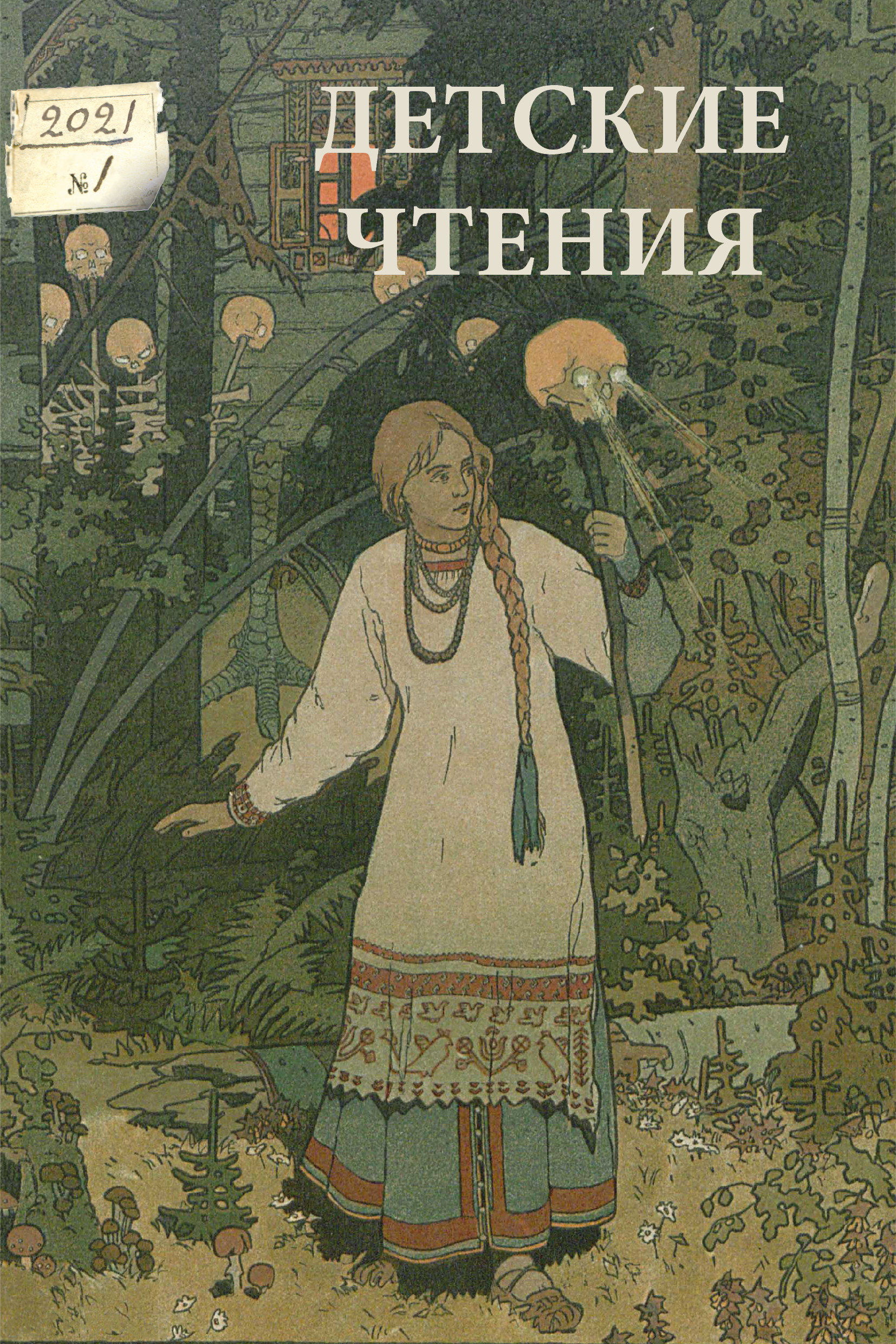Family bonds, humour and the redefinition of adulthood in The Adventures of Dzherik by Natal’ia Nusinova
DOI:
https://doi.org/10.31860/2304-5817-2021-1-19-301-322Аннотация
This article investigates how Natal’ia Nusinova’s autobiographical tale about the Soviet period, The Adventures of Dzherik, establishes the reliability of the narrative voice by providing a source of moral guidance for its child readers, the author being an adult and an intellectual raised in intellectual family. The importance of this should be viewed within the context of
post-Soviet culture, wherein came the crisis of intellectual world and that of adults as suitable care-providers. In Nusinova’s book family love functions as the centre of the production of meaning and is joined with late Soviet humour. All these fill in the voids of sense in Natasha’s (the author’s child self) experience of Soviet times, and make her invulnerable to the most
traumatic aspects of Soviet society, of which she is nonetheless part. The narrative voice establishes her position as an adult able to guide a post-Soviet child at the end of a ritualistic plot of rebirth that unites the introduction, the single chapters and the final glossary together into a macrotext.
Keywords: Memoirs, Soviet childhood, post-Soviet culture, adulthood, humour, family bonds, narrative voice, macrotext.







